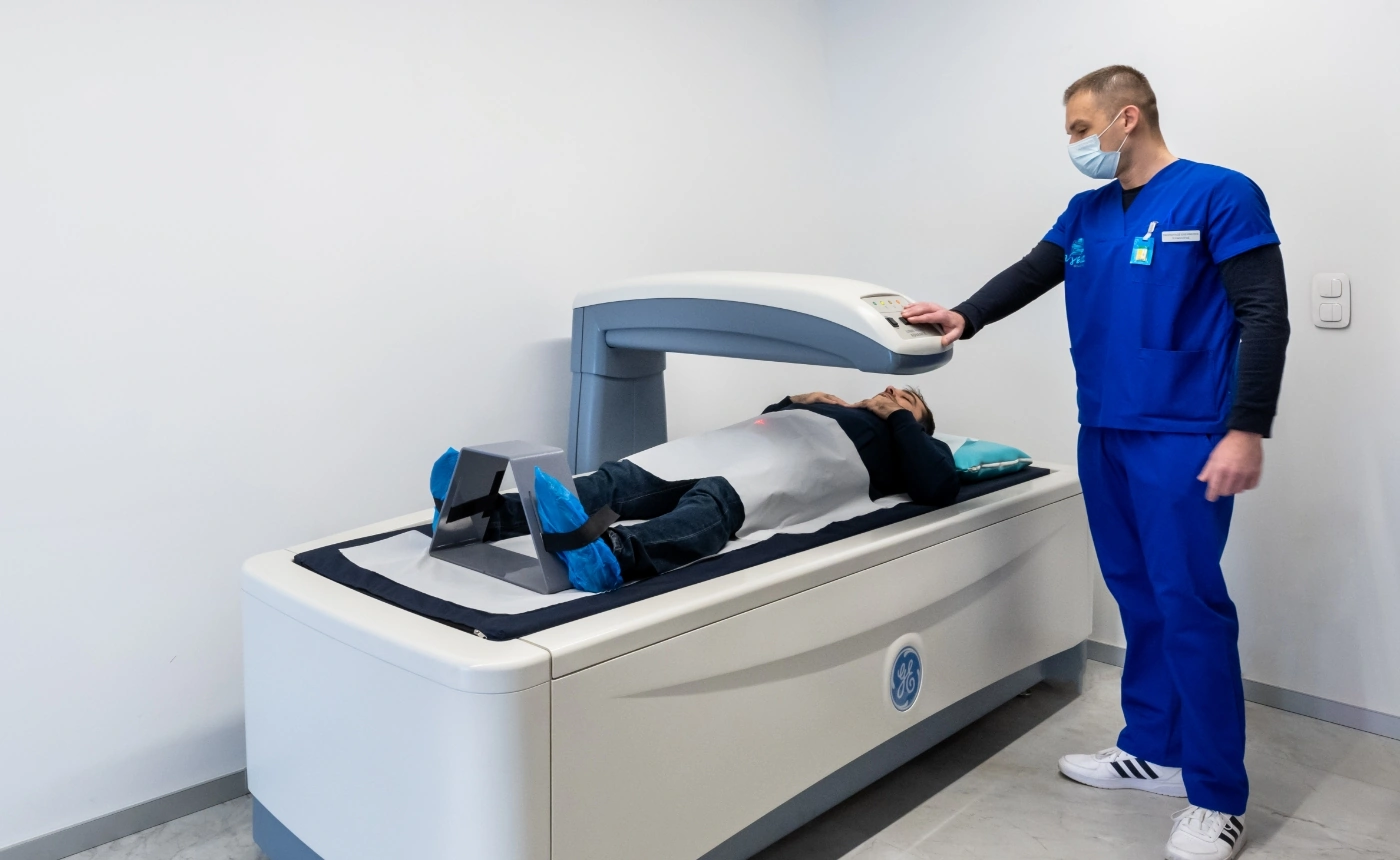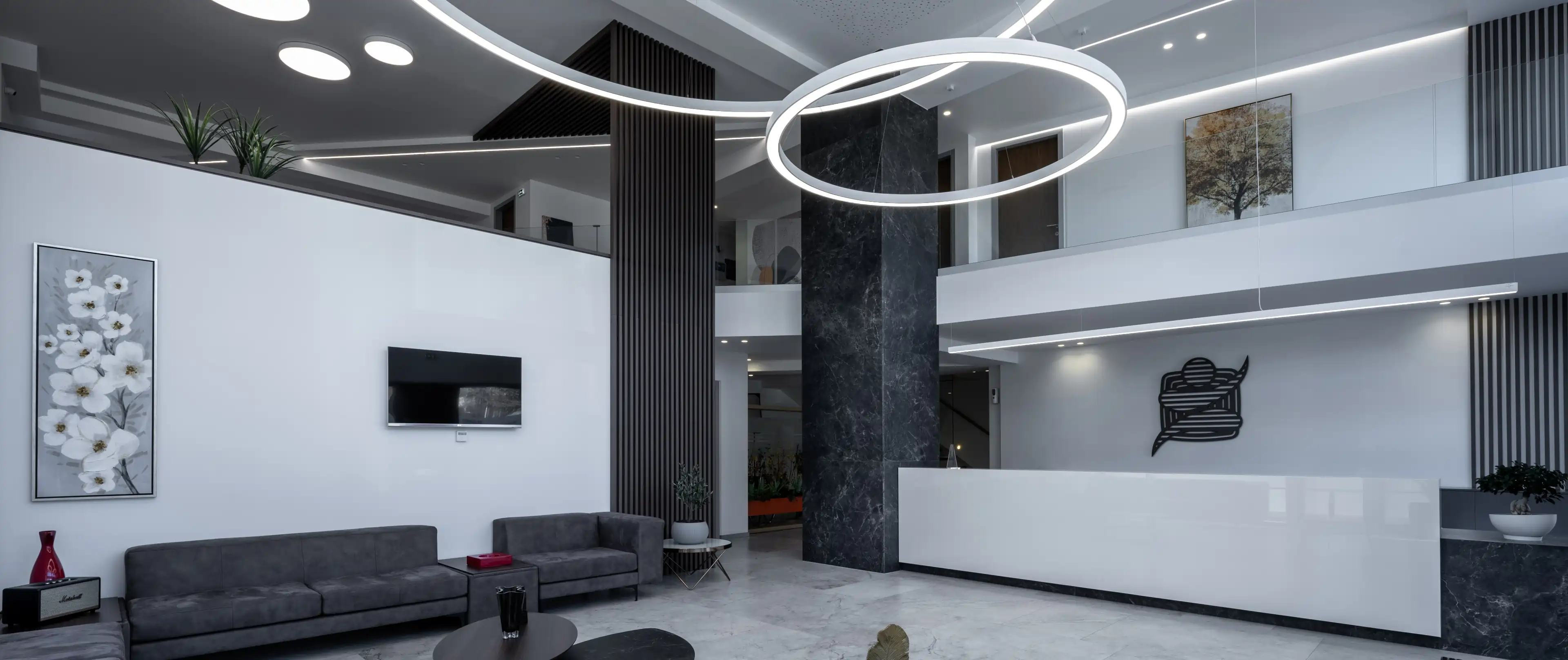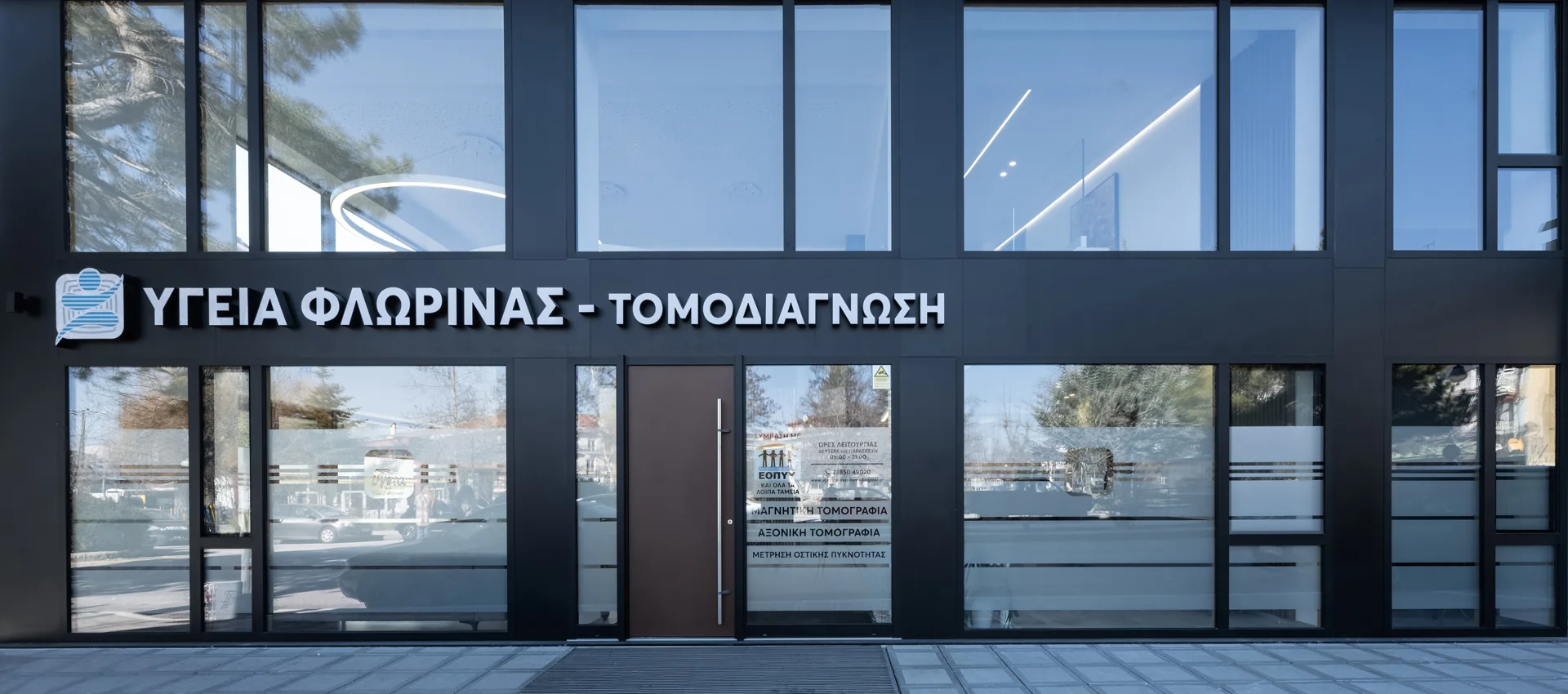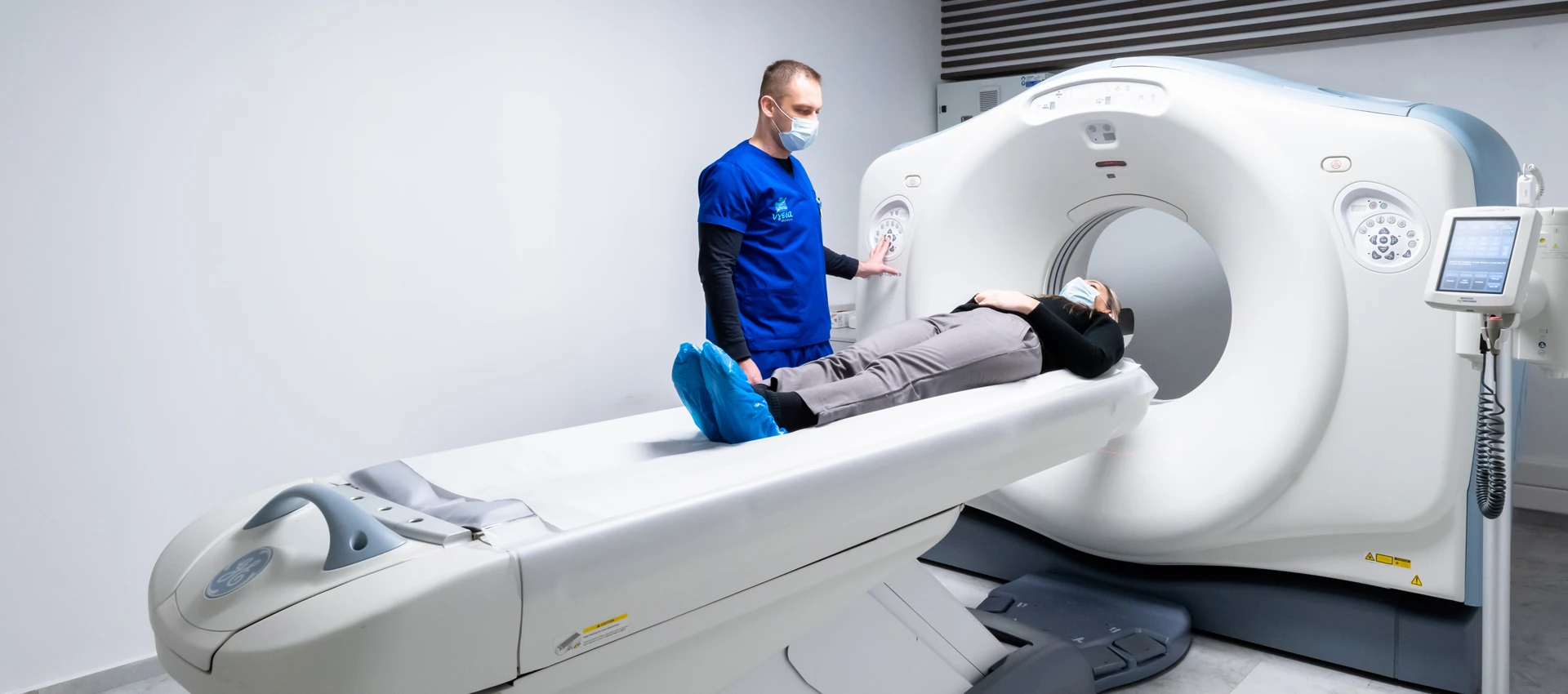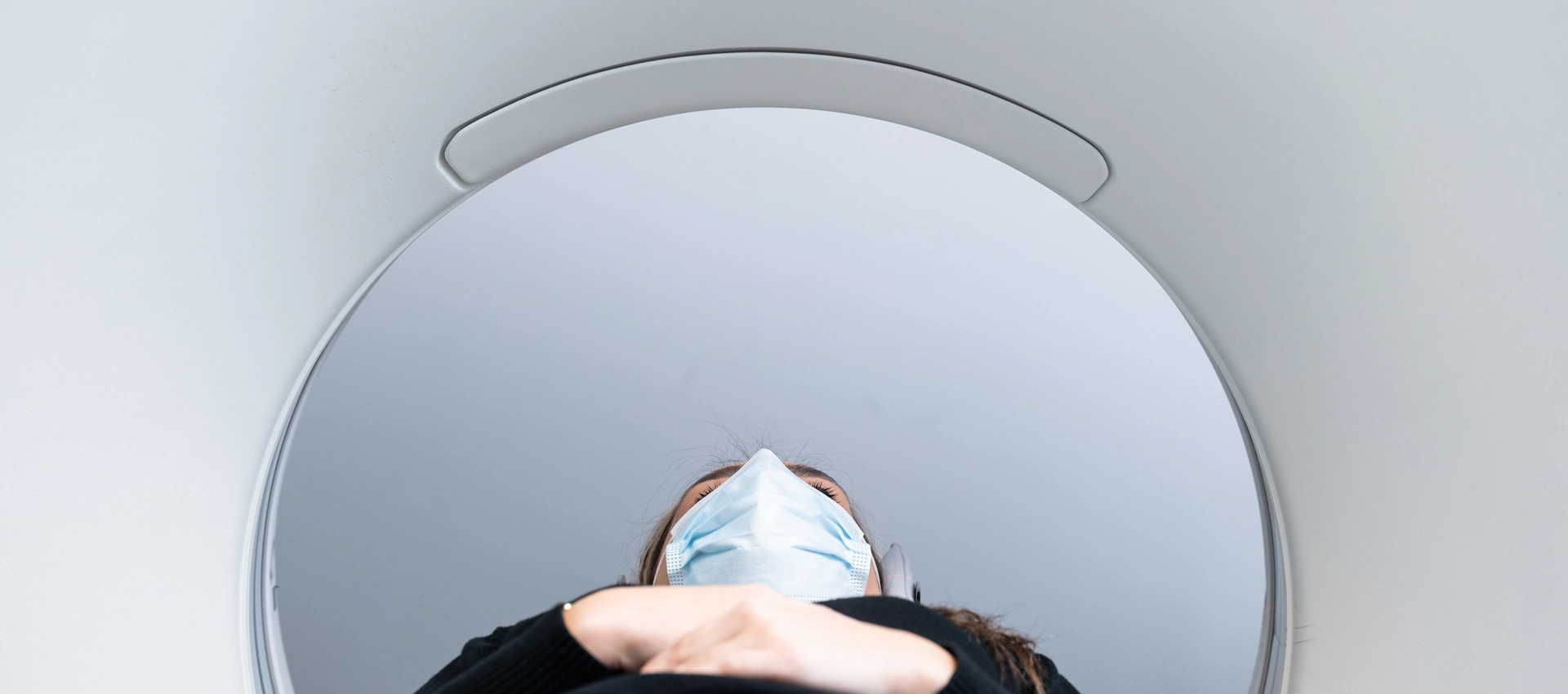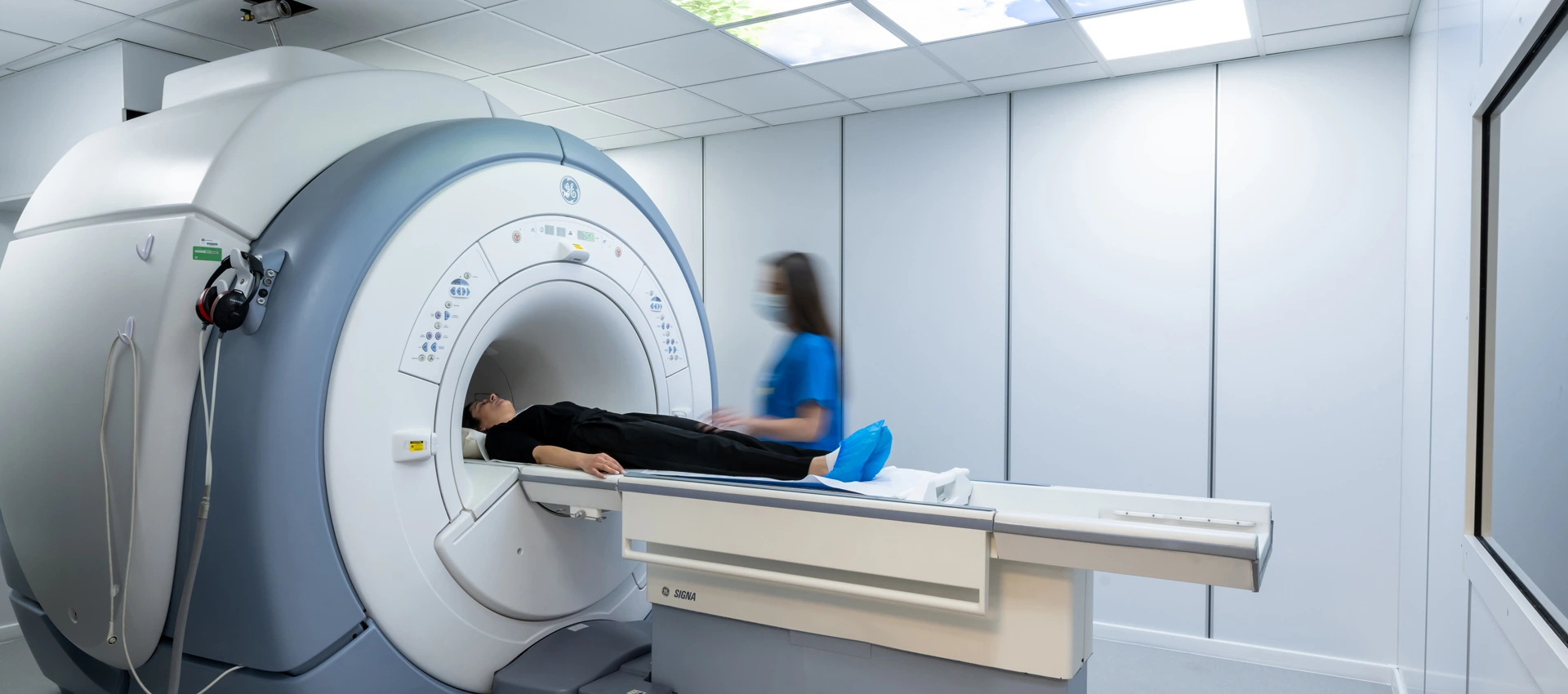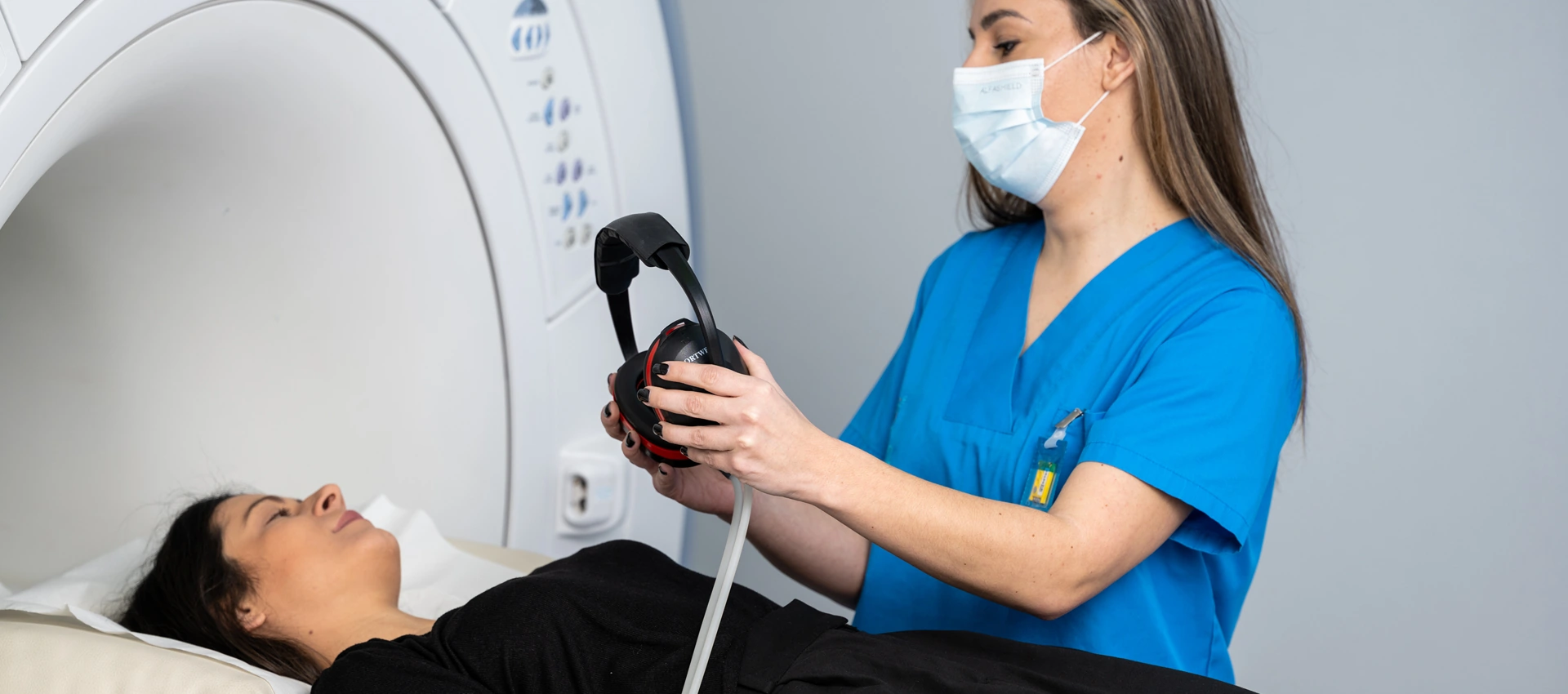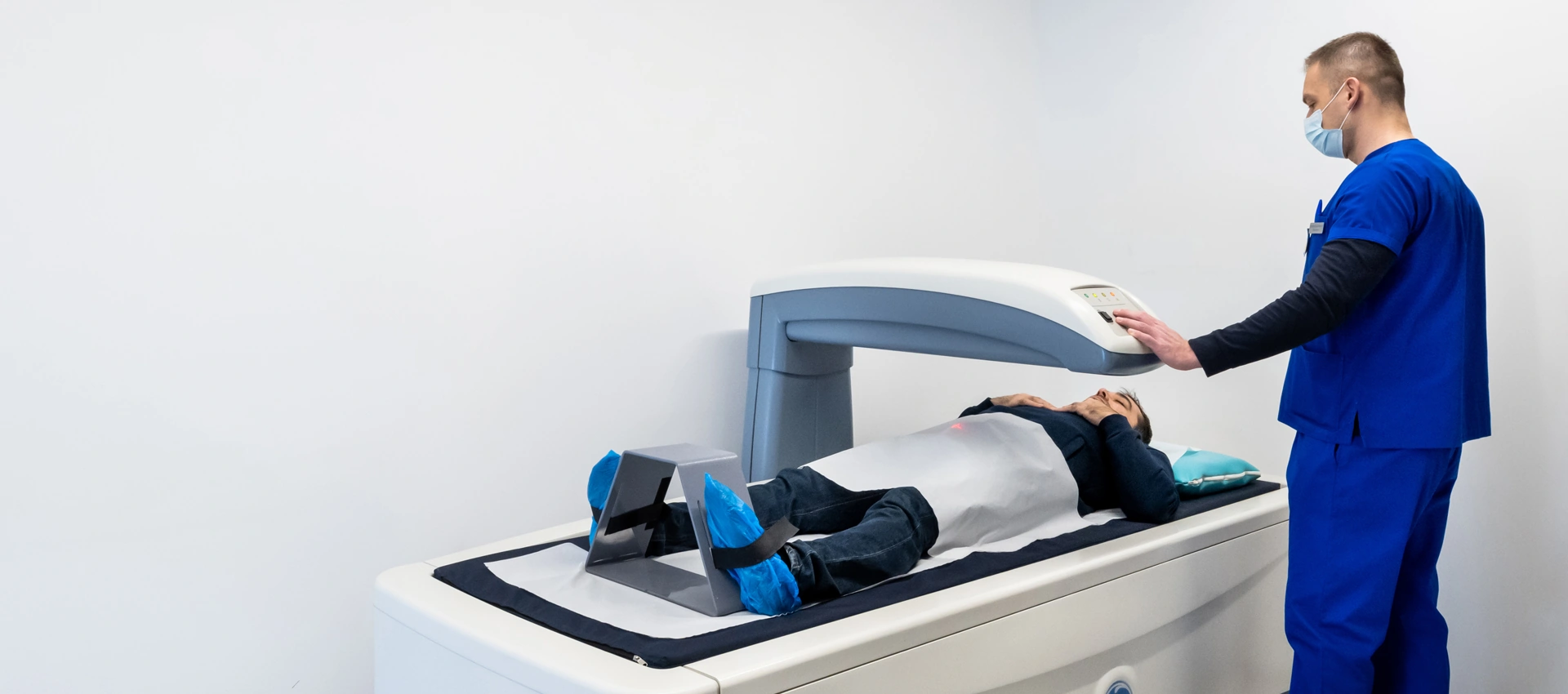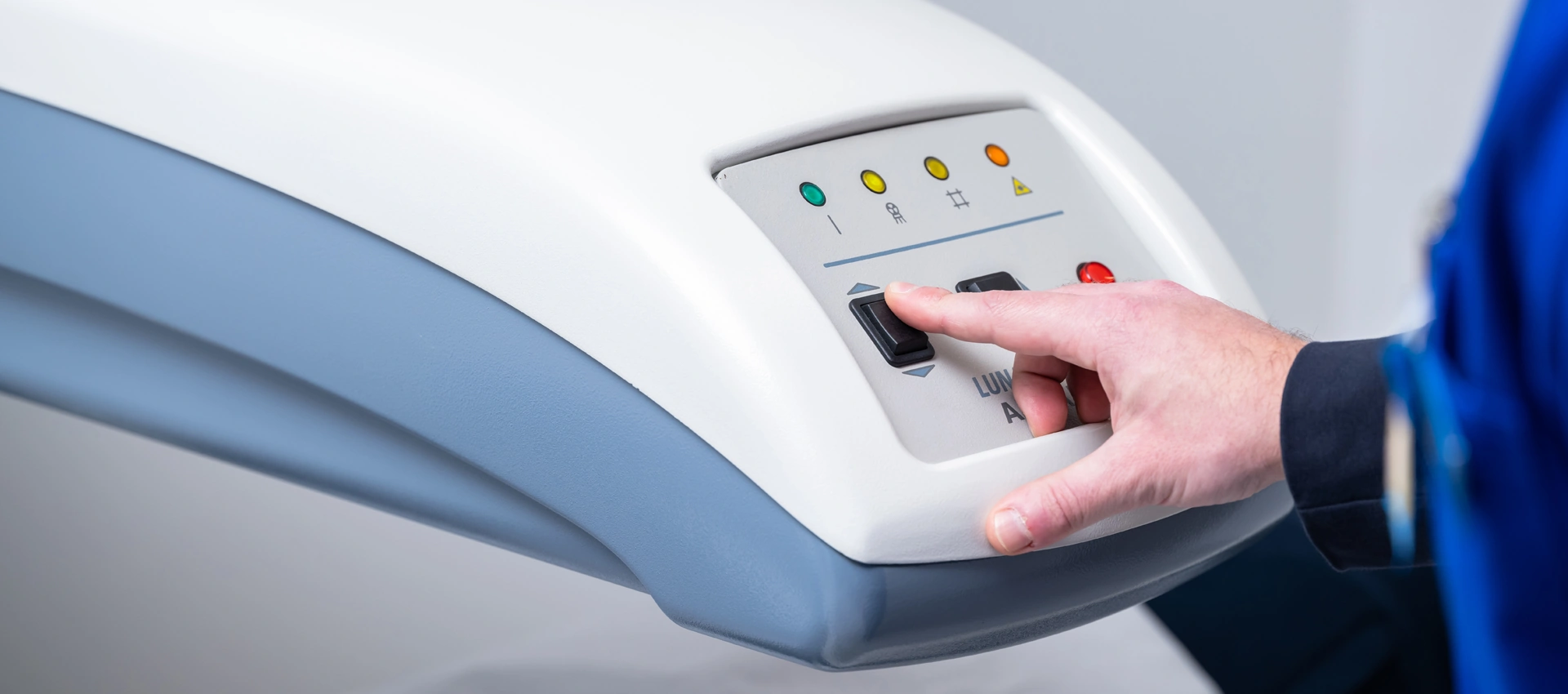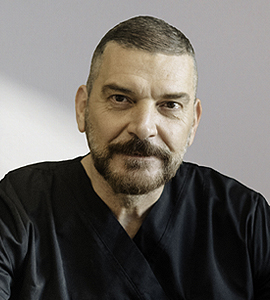The Ygeia Florinas - Tomodiagnosi is located in the neighbouring city of Florina and it is the most modern unit of diagnostic services related to modern medical imaging.
Specifically, it has the following three Departments:
Magnetic Resonance Imaging
The Ygeia Florinas – Tomodiagnosi has a state-of-the-art magnetic resonance imaging (MRI) machine, the Signa HDxt 1.5T, manufactured by the American company GE Healthcare, which allows for the realisation of high-quality, standard, as well as several specialised MRI scans:
- Standard MRI scans (central and peripheral nervous system, musculoskeletal system, cervical, thoracic, upper and lower abdomen, retroperitoneal space)
- Specialised MRI scans (magnetic cholangiopancreatography, magnetic urography, multiparametric prostate MRI)
- Magnetic Angiographies (brain and body vessels)

Computed Tomography
The Department is equipped with the modern 64-slice Computed Tomography (CT) scanner, the LightSpeed VCT, manufactured by the American company GE Healthcare, which produces high-resolution images of excellent quality (clarity and contrast): It belongs to the latest generation of CT scanners, which are several times faster than conventional ones, allowing for examinations with less radiation exposure and enabling three-dimensional (3D) reconstructions of slices thinner than a millimetre.
All standard CT scans are performed, as well as some specialised CT examinations:
- Standard CT scans (brain, cranial-sinus facial skeleton, temporal bone, cervical, thoracic, upper and lower abdomen, retroperitoneal space, spine, bones, and soft tissues)
- CT Angiography (brain, cervical, thoracic and abdominal cavities, upper and lower limbs)
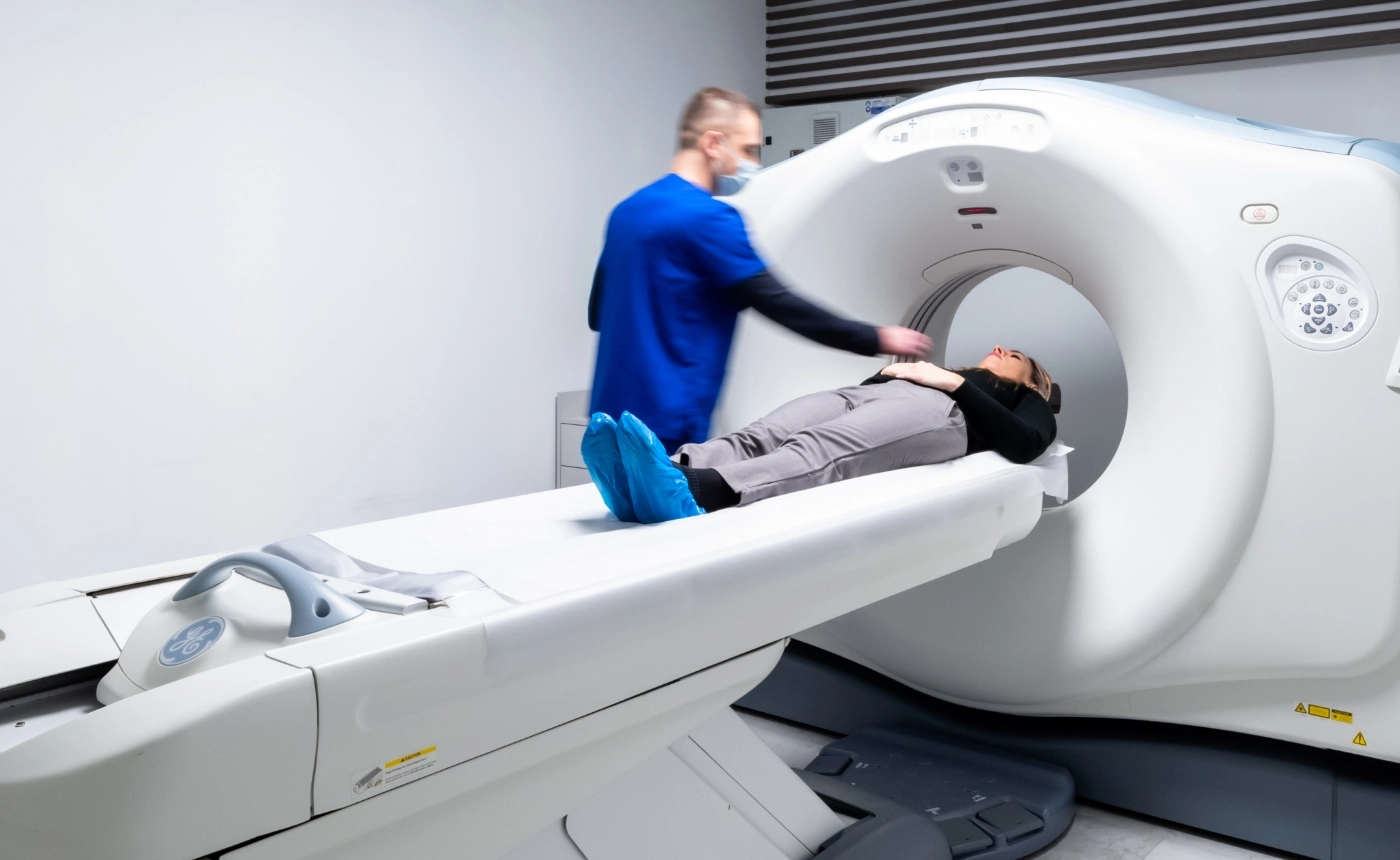
Bone Densitometry
The measurement of bone density is currently the most widely accepted diagnostic examination for osteoporosis, a systemic skeletal disease characterised by low bone mass and microarchitectural deterioration of bone tissue, resulting in increased bone fragility and risk of fracture – particularly in the hip, spine, and wrist areas, with excluding other sites of affliction.
This measurement is now performed using dual-energy X-ray absorptiometry (DXA). At the Ygeia Florinas – Tomodiagnosi, one of the most reliable, effective, and popular DXA systems in the world is in operation: the Lunar Prodigy manufactured by the American company GE Healthcare.
